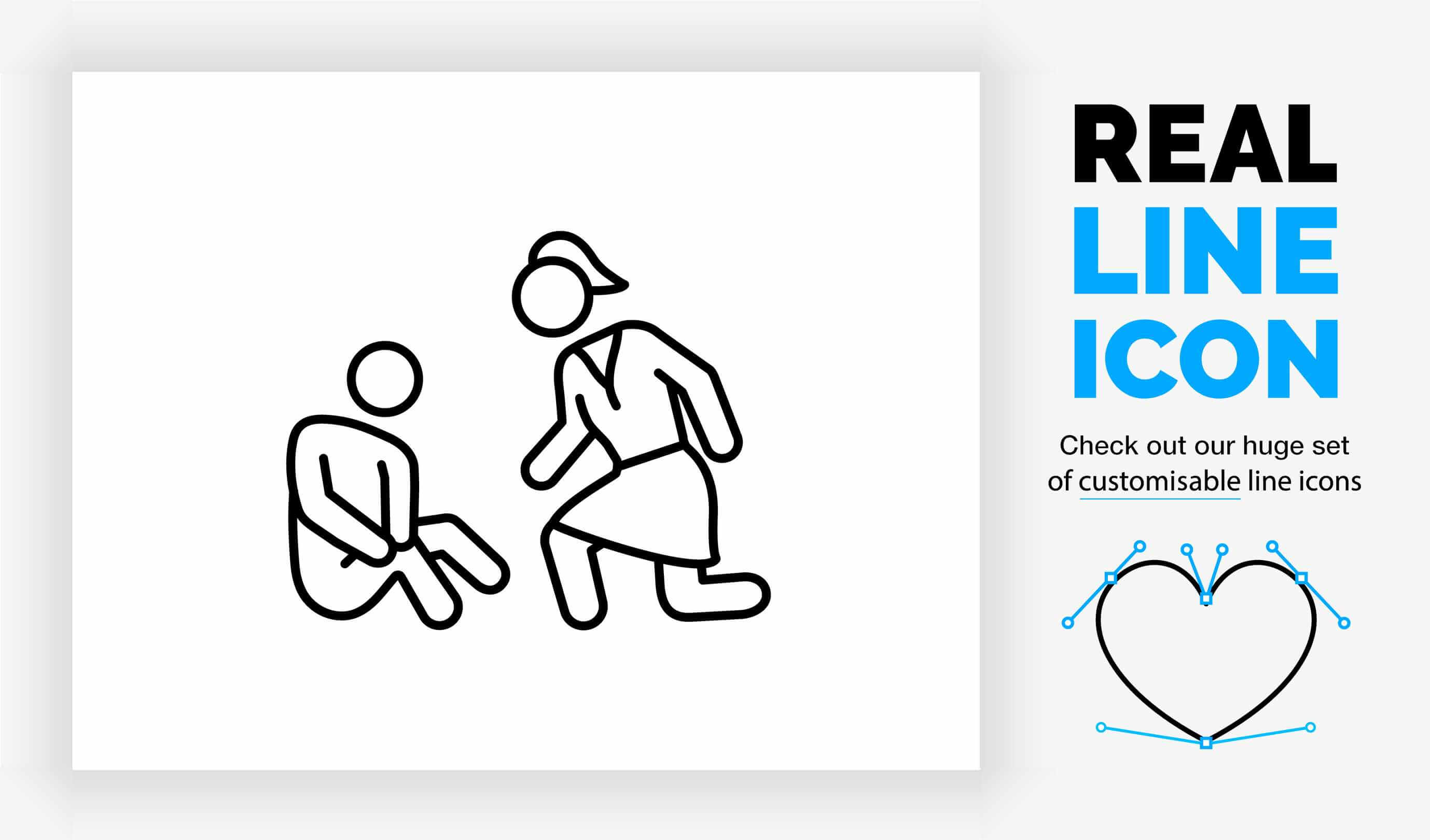Ai-driven Virtual Care Innovations Will Continue To Gain Traction To Navigate Workforce Challenges

With healthcare facilities facing staff shortages and increased patient loads, innovative AI-driven solutions are becoming a necessity. Solutions from companies like Vitalacy, Current Health, and Care.ai, are leveraging artificial intelligence (AI), sensor technology, and real-time monitoring to enhance patient safety and optimise hospital efficiency. As such, AI-driven healthcare innovations will continue to gain traction, helping providers navigate workforce challenges while delivering improved outcomes, according to GlobalData.
GlobalData’s latest report, “AI in Healthcare: A Strategic Imperative to Enhance Efficiency and Patient Care”, reveals that approximately 30 per cent of global data is generated in hospitals, of which a staggering 90 per cent remains unused. The report highlights the growing reliance on AI-powered solutions to address critical healthcare challenges, including fall prevention, patient elopement, and staff burnout.
Vitalacy’s newest AI-powered Virtual Care system is revolutionising patient monitoring by minimising fall hazards and easing the burden on caregivers. It leverages advanced AI, stereo cameras, and real-time monitoring to enhance patient safety.
Kamilla Kan, Senior Data Scientist, GlobalData SKU Team, comments, “Vitalacy’s Virtual Care platform integrates AI learning with stereo camera depth perception to significantly reduce false alerts and allow timely interventions. This advanced approach enhances accuracy, making it a game-changer for patient monitoring.”
According to GlobalData forecasts, the Remote Patient Monitoring (RPM) market will reach $760 million by 2030, up from $548.9 million in 2020 with a compound annual growth rate (CAGR) of 3.3 per cent over the period.
Kan continues: “As AI continues to revolutionise healthcare, virtual care solutions from companies like Vitalacy, Care.ai, and Current Health are setting new standards for efficiency, safety, and patient-centric care. These advancements reflect a broader industry trend towards automation and real-time intervention capabilities.”
Edits made by EH News Bureau


